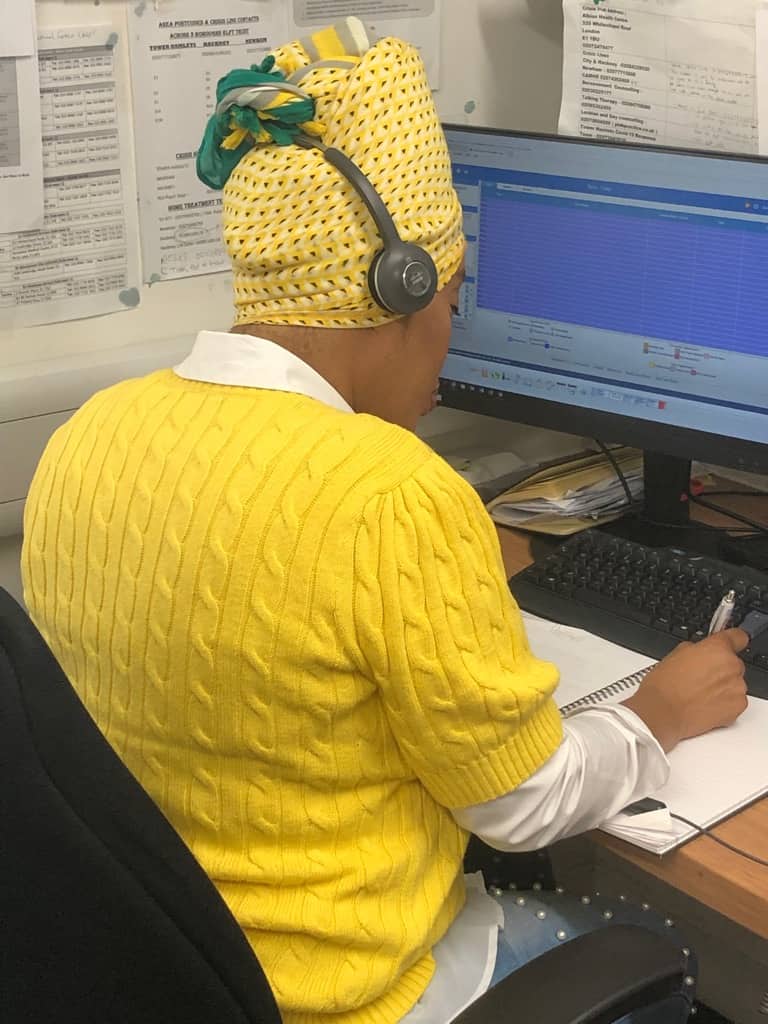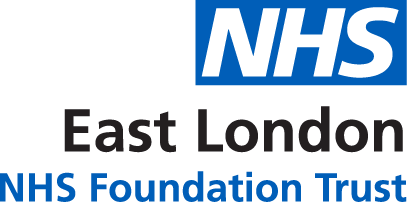Mental Health Crisis Support Is Available 24 Hours A Day, 7 Days A Week

All the Trust’s mental health crisis lines are now available 24 hours a day and are free for people to call. But what do people call about and what happens when someone gets in contact? In this article, a team of mental health professionals explain what kind of support they can offer.
Q: What types of calls can people contact the helpline about?
A: We have people’s friends or a family member contact us because they are worried about someone, perhaps because they have mentioned that they are feeling suicidal, said they cannot cope with their worries or anxiety about life; or because they have money, job worries, or a partnership breakdown and are overwhelmed. In some case, people call because they are hearing voices that aren't there, or they are in danger of harming themselves or others.
Q. What can the ELFT Crisis Lines do to help?
A: We encourage the family member to ask the person to call the crisis line immediately so a face-to-face assessment can be done to give care or signpost appropriately. If the family member is there, we might ask if the person will talk to us on the call and an intervention can be held over the phone – they will always be talking to a clinician so help will be instant.
If they are reluctant to have help at that moment, we would advise them to book an appointment with their GP for further support. It is usually better to speak to the person in order to get a full picture of what is going on because often the family member is unable to answer some of the questions we need answered.
Q. Do people call the Crisis Line for reasons not connected to a mental health crisis?
A. Yes – sometimes people call when they have run out of money. We can then signpost them to appropriate services that can help them.
We might also advise them to speak to their bank for an emergency overdraft.
Sometimes students might call who are not meeting a deadline for an assignment. We will advise they speak to their tutors or other college authorities.
Sadly, and it is something that is happening a lot at the moment - people who are going to be evicted from their home may call us. We are able to advise them to go to organisations that can assist them, or Homeless Person’s Unit/Housing Options unit. We advise people to approach the Citizen Advice Bureau or other third party providers for advice. We have a large directory of services that we can signpost people to.
We know that sometimes that situations like these can cause major upset and may even trigger the onset of a mental health crisis. Situations can unravel.
But the Crisis Line service is not able to support people with financial, employment or housing issues. There are other organisations that can help – but our remit is to support people who are experiencing such acute mental health distress that they are in danger of harming themselves or someone else, and cannot see a way out of their situation. We are here to support them and to let them know that there are things that can be done, and that there are mental health professionals who can offer support.
Q. What immediate support can you offer to someone who is feeling suicidal or under such extreme pressure they may harm themselves or others?
A: The immediate support for someone feeling suicidal is to ask them to attend for a face-to face assessment at one of the Crisis Hubs. There we can give appropriate treatment, refer on for further care and therapy or arrange admission should the person require it. In certain circumstances we can do an urgent assessment in the community.
For those who are having thoughts to harm others, there are various ways to help. Although they can still be seen at the Crisis Hub, it may be more appropriate for the safety of our staff for the police to be involved. We may opt for the person to be seen in a more secure environment such as the Emergency Department or a home visit if it is safe to do so.
Q. Sometimes a mental health crisis might start because of domestic abuse. If someone calls the support service and your staff can ascertain that they are in such a situation, what advice would you give?
A. We would listen. It often takes a lot to make take that first step. We would advise the person to inform the police and direct them to domestic abuse support information and organisations
Q: Can young people use the service? What support will someone who is under 18 receive if they should call
A: Young people do use the service. Often we are called by young people already in touch with child and adolescent mental health services (CAMHS) so they will have a care plan in place that we can follow. If not, we support and also inform our CAMHS. Click here for information on the CAMHS Extended Crisis Service for east London.

ELFTs Mental Health Crisis Lines are available 24 hours a day, seven days a week across the following areas:
City & Hackney call Free Phone 0800 073 0006
If you live in Bedfordshire or Luton call NHS 111 (then ask for option 2)
Newham call Free Phone 0800 073 0066
Tower Hamlets call Free Phone 0800 073 0003

In my view this Q and A piece is excellent.
But do we also want to give an operational statistic:-
periodic breakdown no of cases per category?
In my view this Q and A piece is excellent.
But do we also want to give an operational statistic:-
periodic breakdown no of cases per category?
This is not a duplicate comment.
Thanks for the feedback. The piece is to let people know the service is there and the types of issues the team can support people with so that they feel able to come forward. But an interesting point. Maybe we could go back to the team in a few months and ask for that info.
Noted. Will see if we can run a follow-up piece